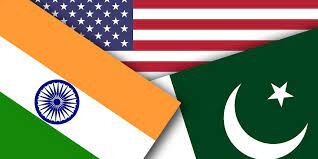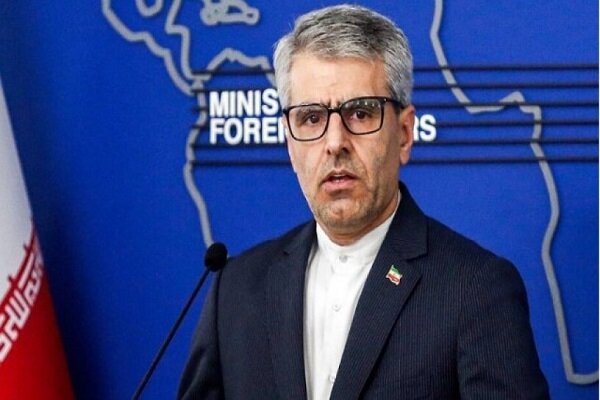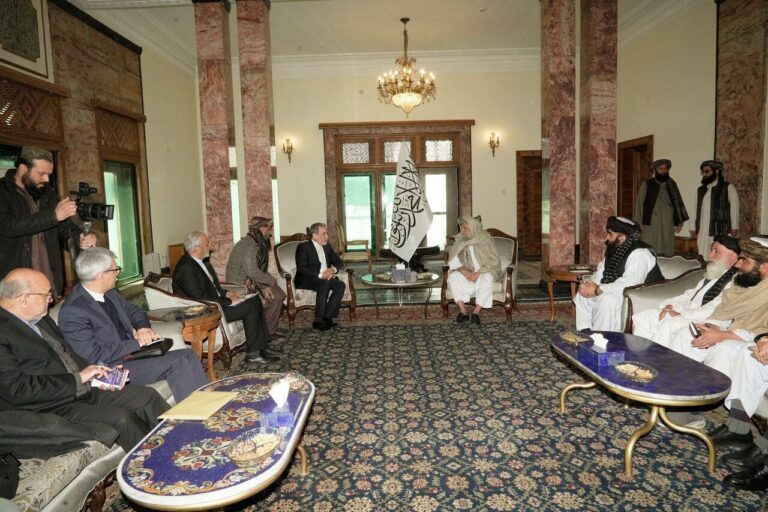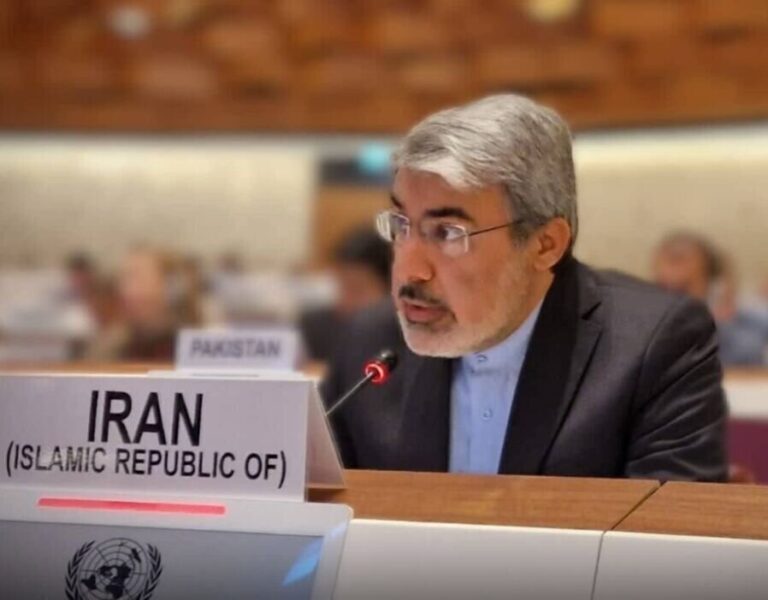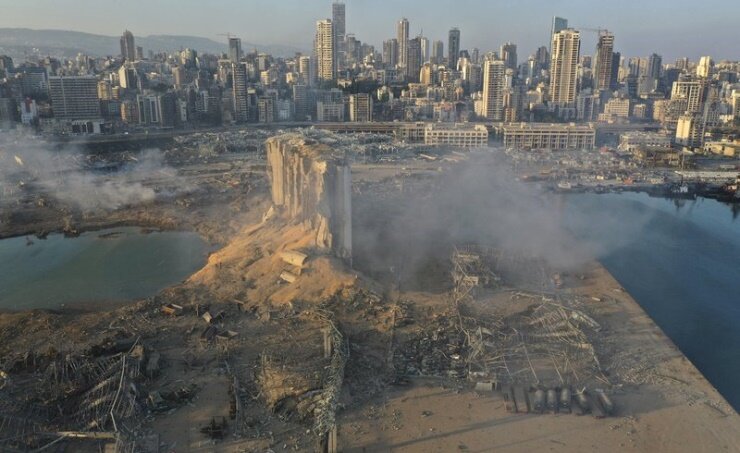Unraveling the India-Pakistan Conflict: How US Strategies are Shaping South Asia’s Future
In recent years, Western policies, particularly those implemented by the United States, have significantly influenced the spread of terrorism and heightened regional tensions, especially between India and Pakistan. The complex interplay of these policies, which were initially designed to combat terrorism and enhance regional security, has often led to increased insecurity and intensified conflicts. One notable incident that underscores these challenges is the recent Pehlgam event.
The roots of the current crisis can be traced back to the Cold War era. During this period, the United States initiated “Operation Cyclone,” which involved funneling billions of dollars in weapons and financial aid to Afghan mujahideen through Pakistan. This short-sighted approach, lacking consideration for long-term consequences, inadvertently strengthened extremist networks in Pakistan, paving the way for the rise of terrorist organizations such as al-Qaeda in Afghanistan.
Following the tragic events of September 11, 2001, U.S. policies in the region failed to effectively curb the threat of terrorism. Instead, these policies exacerbated anti-American and anti-Western sentiments among local populations. The use of drone strikes in Pakistan’s tribal areas, which resulted in civilian casualties, further fueled public resentment. This environment allowed extremist groups to exploit local grievances, expand their ranks, and pose a greater threat to regional security.
Pakistan, often portrayed as a strategic ally of the U.S., found itself caught in the crossfire of great-power rivalries. The inconsistency and duplicity of Washington’s policies—supporting Pakistan’s government while ignoring extremist activities within its borders—undermined governance and contributed to chaos. The recent clashes between India and Pakistan, particularly in the Kashmir region, cannot be thoroughly understood without this historical context.
In a recent interview with RT, Pakistan’s Defense Minister, Khawaja Asif, articulated that terrorism in the region can be attributed to Western policies, particularly those of the United States. He asserted that Pakistan has been a victim of these misguided policies. Asif remarked that “jihad” was a construct of the West, profoundly impacting Pakistan’s cultural and societal landscape.
After the September 11 attacks, Pakistan rejoined the anti-terrorism coalition. However, Asif emphasized that these conflicts were not Pakistan’s own and that the country has paid a significant price for its involvement. He expressed concern over the deteriorating security situation following the U.S. withdrawal from Afghanistan in 2021 and highlighted the challenges posed by millions of undocumented Afghans residing in Pakistan. Asif stated that Pakistan is the largest victim of terrorism in the region.
The United States, through its selective economic and military support for certain allies, has often exacerbated tensions and fueled proxy wars instead of fostering peace and stability. This support, particularly in countries like Pakistan and Afghanistan, which are embroiled in sectarian or ethnic conflicts, has contributed to the rise of various terrorist factions.
The contradictions in U.S. policies on the international stage—particularly concerning terrorism—are glaring. While the U.S. positions itself as a leader in the global fight against terrorism, it has simultaneously supported groups that engage in acts of terrorism within the region for strategic gains. This double standard has consistently bolstered extremist organizations, perpetuated armed conflicts, and expanded the global threat of terrorism.
- Historical Context: The Cold War policies set the stage for modern-day terrorism.
- Operation Cyclone: U.S. support for Afghan mujahideen led to the rise of extremist groups.
- Post-9/11 Policies: U.S. actions intensified anti-American sentiments and fueled terrorism.
- Pakistan’s Role: Seen as a U.S. ally, but also a victim of inconsistent policies.
- Recent Clashes: The India-Pakistan conflict in Kashmir is rooted in historical grievances.
- Defense Minister’s Statement: Asif highlights the impact of Western policies on Pakistan.
- Security Concerns: The aftermath of U.S. withdrawal from Afghanistan raises alarm over terrorism.
In conclusion, the implications of Western policies, especially those of the United States, have created a complex web of challenges in the region, contributing to the rise of terrorism and persistent instability. Addressing these issues requires a nuanced understanding of the historical context and a commitment to fostering genuine peace and security.
